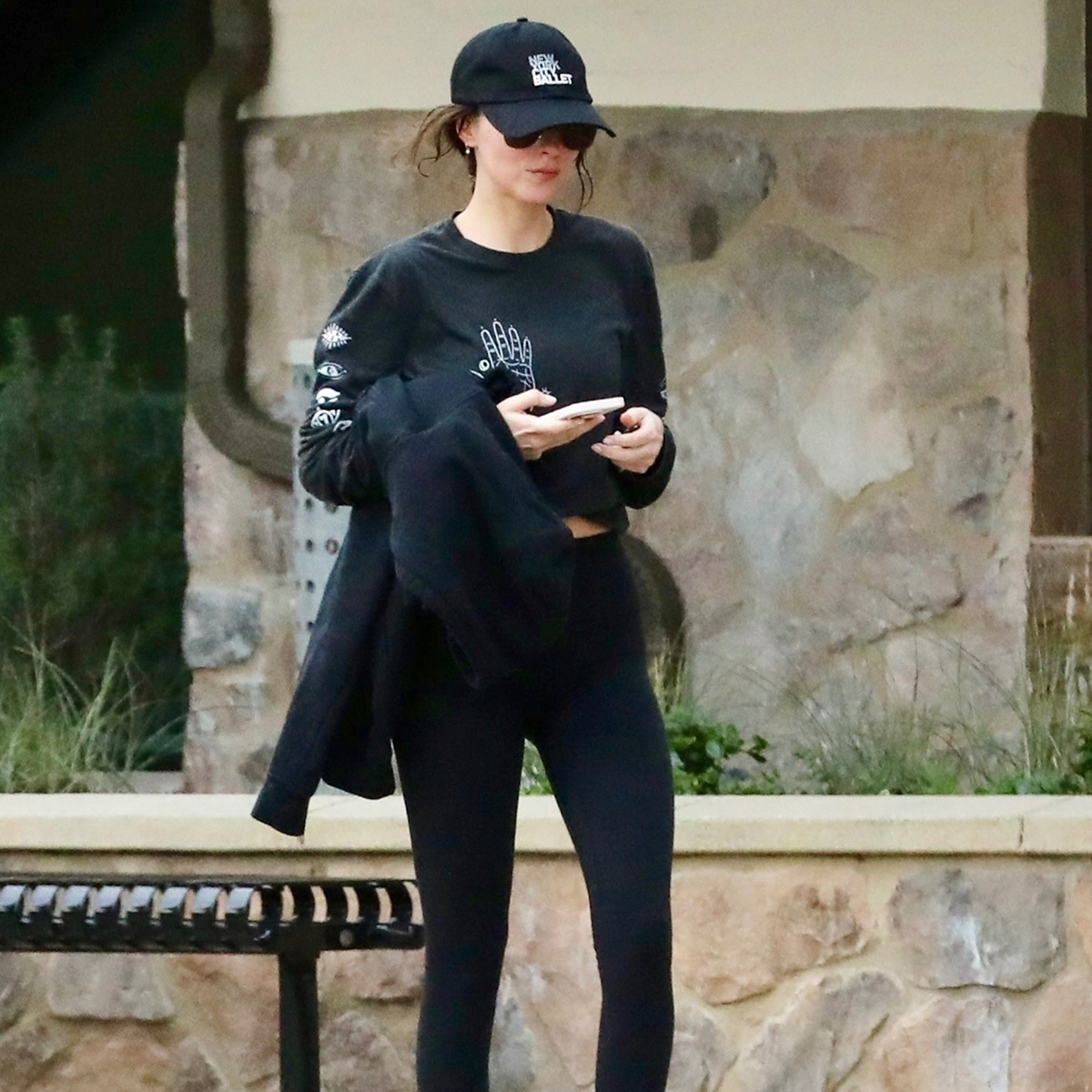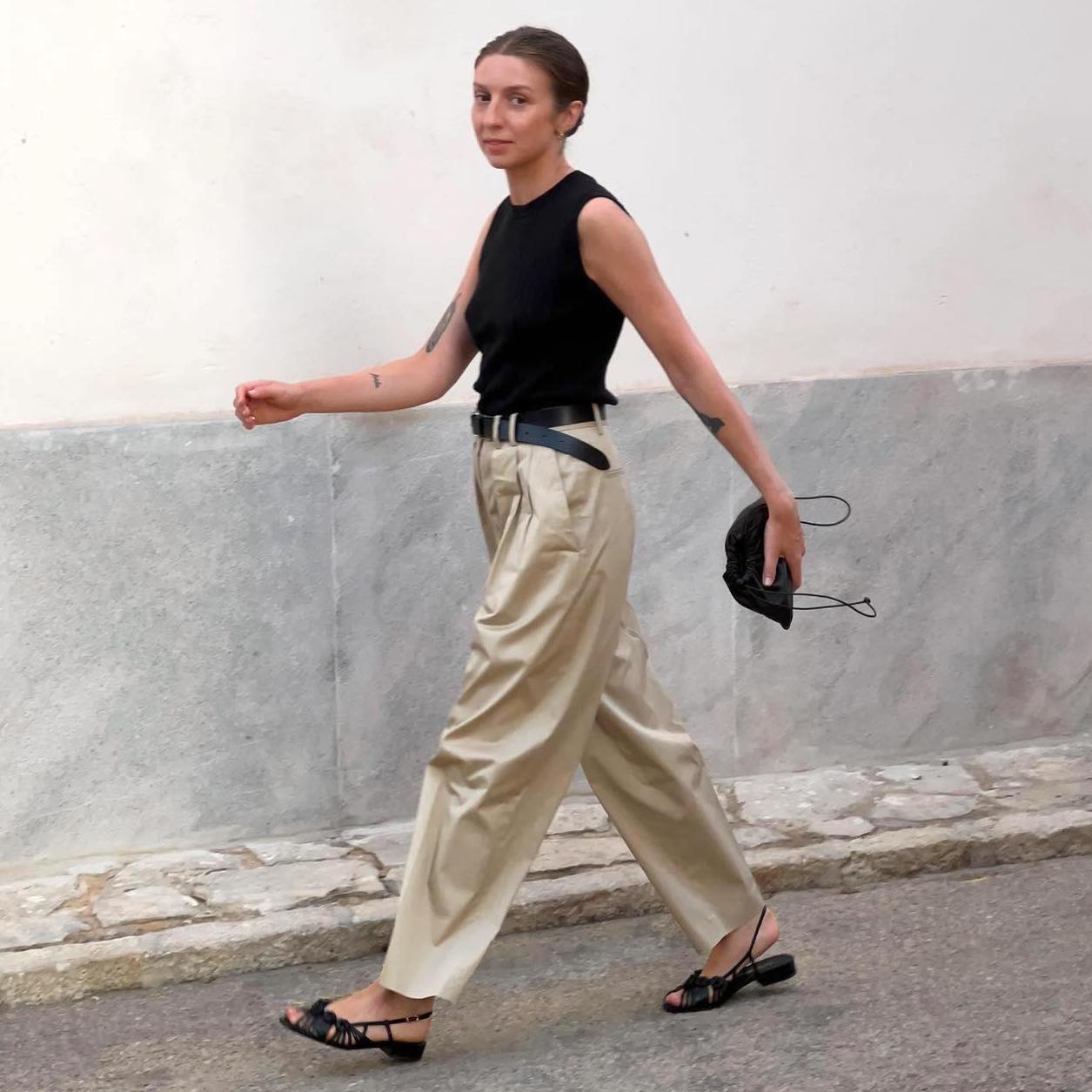What's a Flexitarian Diet? A Dietitian Lays It Down for Us
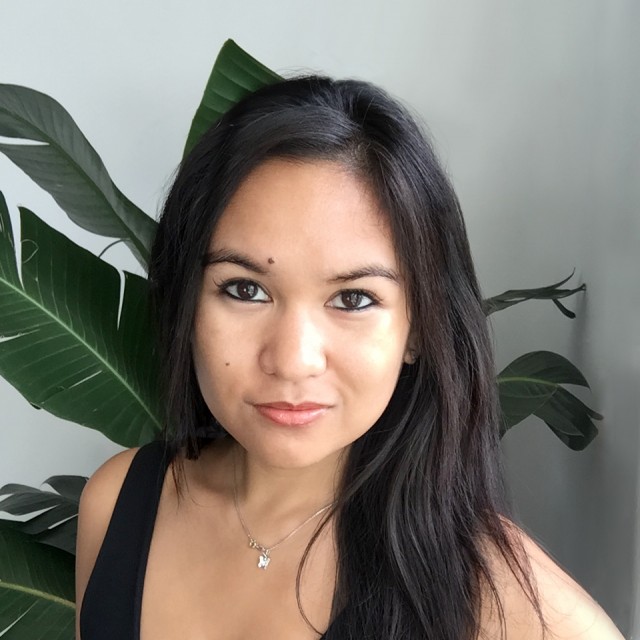
There are plenty of benefits to being a vegetarian. According to a study done by the Mayo Clinic, vegetarians live longer than non-vegetarians by a little over three years. The Journal of the American Osteopathic Association shows that meat eaters are at a higher risk to die from cardiovascular disease and cancer. Not to mention that you aren't harming animals when you choose a completely plant-based diet.
But if, like me, you've grown up loving meat, poultry, and fish, cutting it off completely is a near-impossible ask. (Let me put it in perspective for you: If given a life-or-death choice between my beloved beauty products and fried chicken, I wouldn't even hesitate to choose the latter.) Is there really a diet that can give you the some of the benefits of being a vegetarian while not giving up meat completely?
Nutritionist Dawn Jackson Blatner seems to think so. In her book, The Flexitarian Diet, she outlines an eating plan that helps you eat healthier overall without restricting certain food groups. We took a look at this ourselves and asked registered dietician Molly Reiger of the Dr. Brandt Skin Advisory Board for her input. Scroll down to learn more about this healthy eating lifestyle.
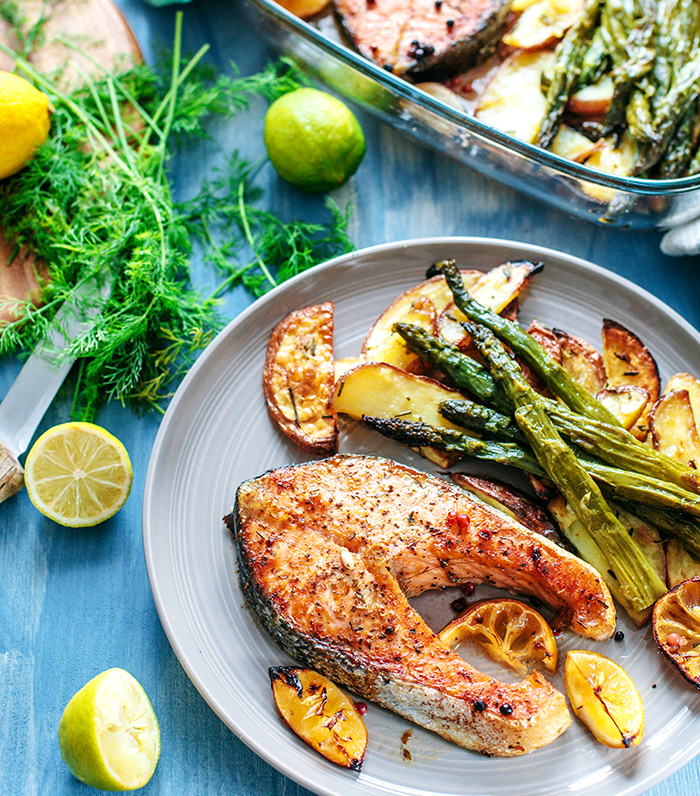
What is it?
Blatner writes in her book that she is "a vegetarian who is flexible enough to eat some meat, poultry, and fish—a flexitarian." In other words, while the majority of her diet is made up of vegetables, she sometimes incorporates non-vegetarian things into her meals. Think of it as a flexible vegetarian.
It's apparently not a made-up term either. She writes that the term "flexitarian" was selected as the word of the year in 2003 by the American Dialect Society and that a study in the American Journal of Clinical Nutrition found that out of a sample of about 13,000 people, nearly two out of three vegetarians considered themselves flexitarians.
"Flexitarians can be vegetarian, inclined toward vegetarianism, or just health-conscious—you are probably a flexitarian right now and just don't know it," she writes.
How does it work?
The most appealing part of this eating plan is that there aren't really any rules and it suits pretty much everyone. "This plan can be super healthy and is perfect for the person who is motivated to eat a more plant-based diet but the idea of cutting out meat entirely is overwhelming," says Reiger. "It can also be for the person who is currently eating meat three times a day or is battling high cholesterol."
It sounds simple enough, but it can actually be hard to find a healthy balance between all food groups. Reiger suggests to focus on whole, natural foods and not to just replace meat with processed snacks, refined carbs, and/or isolated vegan protein powders.
As for how much meat you should have, according to Blatner's book, she writes that you should avoid meat two days a week and spread out 26 ounces of meat over the other five days.
If it's too hard to do that immediately, Reiger suggests limiting animal protein once a day to start for those used to having it in their daily diets. She also says to get creative and comfortable with vegetarian recipes to avoid getting bored with eating the same meal every day. Last, she says to get educated about plant-based sources of protein, which includes nuts, nut butters, legumes, quinoa, and seeds.
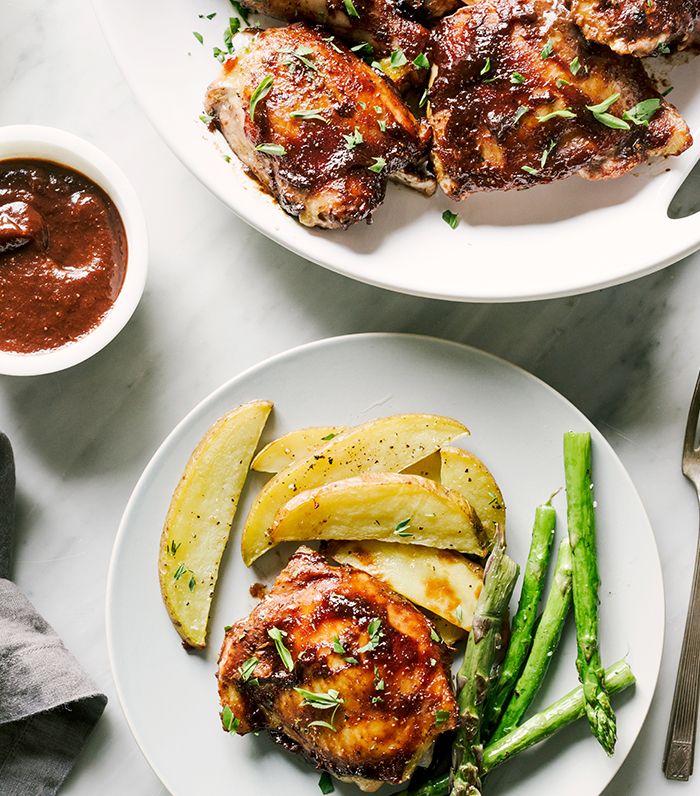
Benefits
Apart from eating cleaner than you normally would, the biggest benefit to this plan is the flexibility to choose when and what to eat. "This diet encourages a plant-based diet heavily focused on vegetables without too many rules that would otherwise scare someone trying to make healthier lifestyle choices," says Reiger. "This mentality also benefits our environment along with our long-term health." She also says cutting down on meat will ultimately save you money.
Disadvantages
Because of its lack of structure and rules, there aren't too many downsides to this eating plan. "I honestly don't see any real disadvantages," says Reiger. "It may not be the perfect diet for someone who thrives on stricter guidelines or more structure."
If you're worried about any iron and other vitamin deficiencies because of eating less meat, follow her suggestion of getting educated on which plant-based foods can serve as protein sources.
So if you've been thinking about eating a little bit better but don't want to commit to anything too extreme, the flexitarian diet may just be the right fit for you. Happy eating.
Disclaimer
This article is provided for informational purposes only and is not intended to be used in the place of advice of your physician or other medical professionals. You should always consult with your doctor or healthcare provider first with any health-related questions.

Kate Moss. She's the OG beauty chameleon.
Who are your 5 favorite people to follow on Instagram?@zoeisabellakravitz @bellahadid @emrata @beautifuldestinations @bookofthemonth
What's the beauty essential you can’t live without?Eyeliner. People sadly look at me strangely (or share concern over my well being) when I don't wear it. My go-to is the Marc Jacobs Beauty Highliner Gel Eye Crayon Eyeliner in black.
What's your desert island album?The Weeknd's Starboy.
What's your favorite Byrdie.com story?Game of Thrones Star Nathalie Emmanuel on Fame, Fear, and Her Iconic Hair. It's such a great profile on her and it almost made me want to start watching Game of Thrones.
